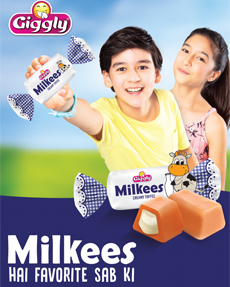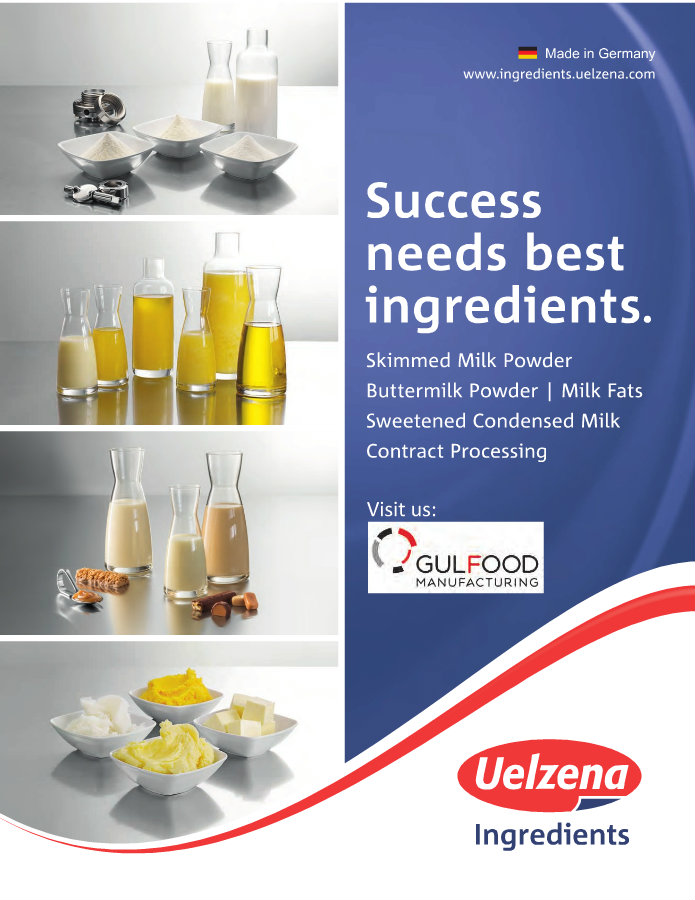
NEW YORK — The food industry is salivating over small start-ups with the giants looking to pounce on the next hot trend and make sure they doesn't get left behind.
These small companies — purveyors of delicacies from fair-trade chocolates to artisanal cocktail mixers — gathered Monday for the Summer Fancy Food trade show here hoping to get noticed by venture capitalists and grocery store merchandisers alike, and turn their homegrown brands into national favorites. The stakes have perhaps never been higher.
Major consumer companies are hungry for innovation, and acquiring the ideas of nimbler, smaller brands is the most cost-efficient way to do it. Industry giants from General Mills to Campbell Soup, have launched investment arms that scout for potential product partnerships and acquisitions.
"The bigger food companies are looking to acquire the smaller brands to add some contemporary credibility to these staid brand portfolios," says Louise Kramer, a spokeswoman for the Specialty Food Association, which runs the trade show at the Javits Center.
As for this year's trends, here are five to watch:
Perky Jerky
This jerky company isn't your typical gas-station snack. The beef and turkey jerkies are infused with flavors like craft beer (and you can really taste the hops) and Jamaican seasonings. The turkey versions also mean the brand caters to an atypical jerky clientele: women, who want to nosh on a leaner protein, says founder Brian Levin, who represented his brand Monday by wearing a full-body Velcro suit with packages of jerky stuck to him.
Jerky and other on-the-go meat snacks are experiencing a bit of a renaissance with upgraded marinating techniques, new forms like bites and bars and trendier flavors. Perky Jerky received a minority investment from Sunrise Strategic Partners in March. Krave jerky was acquired by Hershey last year and Epic Provisions was acquired by General Mills in January.
Non-dairy milks
As more Americans find they just can't stomach lactose, or just don't want to, cows are getting kicked out of the country's milk habit. Sales of dairy milk fell 7% last year, according to research firm Mintel, which expects the trend to continue to the tune of another 11% drop through 2020. Meanwhile, non-dairy milk sales grew 9% in the same period.
Enter companies like Forager, which sells almond milk and cashew milk, and was sampling single-serve bottles of nut milk smoothies at the show. Flavors like banana date and strawberry banana also boast probiotics, the bacteria found in yogurt that's good for your gut. Others are getting attention for leading the way toward a cow-less dairy aisle. Kite Hill, a company that sells non-dairy cheese and yogurts, received an $18 million investment last month led by General Mills' venture capital fund 301 Inc.
Kimchi
The humble pickle is no longer just a burger topping, or relegated to cucumbers. Customers in search of probiotics are helping this trend along too, which is why there's a buzz surrounding fermented foods like kimchi — Korean pickled cabbage — whose pungent spices give your mouth a kick. It's crunchy, it's fizzy, it's satisfying. Mother-in-Law's Kimchi will even let you simply drink the juice with a new product about to launch.
There are also companies such as Rick's Picks, whose bonafides include supplying the relish for hot dogs at Shake Shack and winning a specialty food award for its pickled okra, called Smokra for being flavored with smoked paprika.
Coffee — not the hot kind
Because of the rise and influence of specialty roasters, coffee has become a hot product investment. But not just as a morning jolt.
Companies are using java to flavor almond butter, granola, mints and even pastries. And of course there's coffee itself, but you're increasingly seeing it served cold instead of hot, like the bottles from Austin-based Chameleon Cold-Brew. Ready-to-drink coffee is the fastest growing beverage category in the U.S., according to Beverage Marketing. And with Starbucks in on the trend, competition has only gotten fiercer.
Specialty food sales represent 14% of all retail sales and have been growing significantly in recent years. Last year, sales hit $120.5 billion, up more than 21% since 2013, according to the Specialty Food Association.
By another measure, $18.1 billion in consumer product good sales have shifted from larger companies to smaller companies, those with less than $1 billion and up to $5 billion in sales, in the past four years, according to a report from IRI and Boston Consulting Group.




